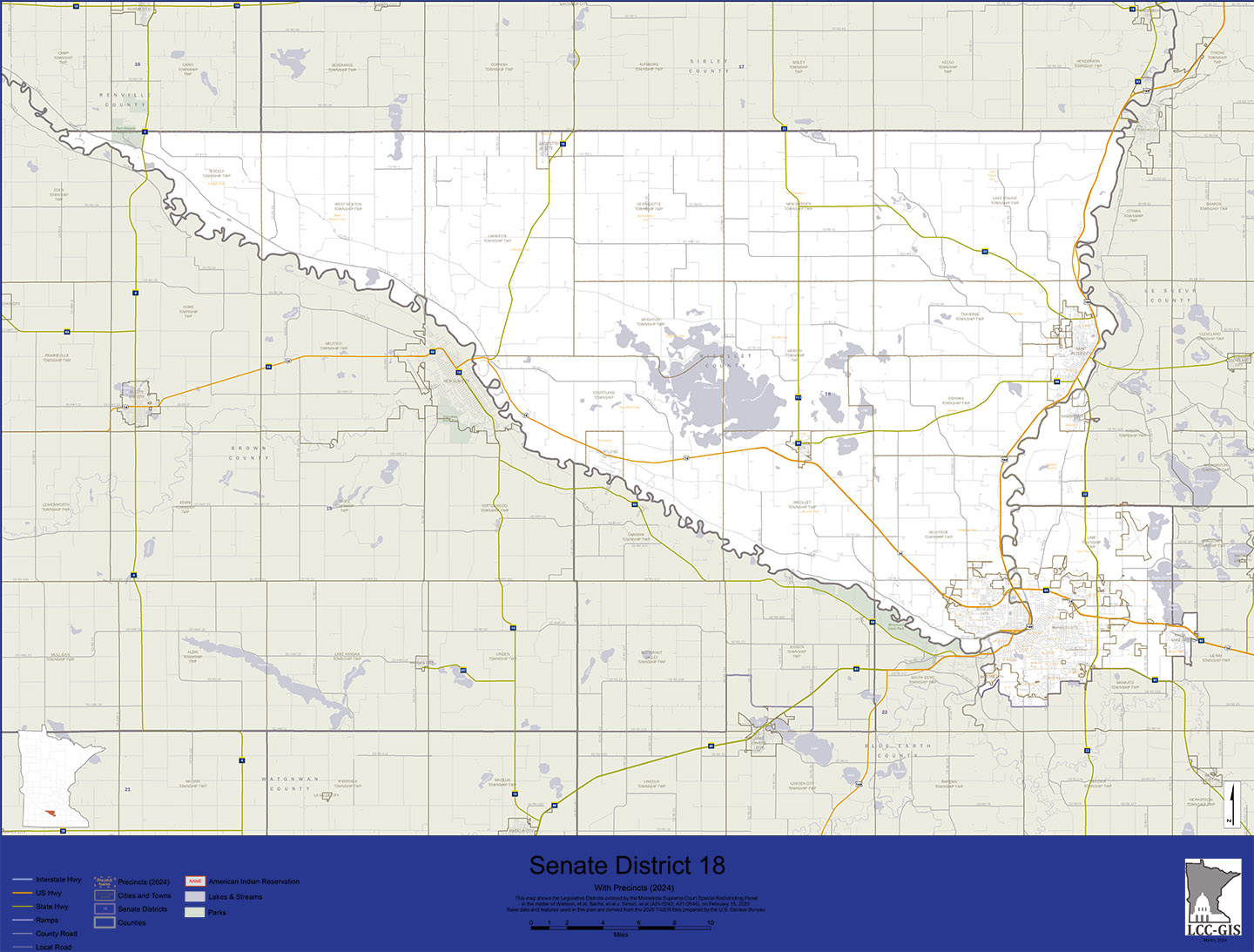RE-ELECT
NICK FRENTZ
For Minnesota State Senate
District 18
QUALITY EDUCATION, GOOD JOBS AND
TRANSPORTATION.
“I’m very proud to announce my re-election campaign for the state senate.
I look forward to working with you to continue to bring a strong voice
for District 18 to the Minnesota State Capitol.”
– Senator Nick Frentz
Delivering a strong voice for District 18
I have advocated for the inclusion of over $200 million dollars in bonding projects for our district during my time in the Senate, spurring economic growth through development and revitalization of our public resources. I am a strong voice for the 2,000+ family farm owners in our district – these people are cornerstones of our economy, and their work is essential to the success of our entire state.
“I am proud to have received the Minnesota Police and Peace Officers Association endorsement in my last three races, demonstrating my strong commitment to our public safety officers who work tirelessly to keep us safe. I also carried the bill that appropriated $67 million to help fund the construction of a new BCA crime lab in Mankato – making our officers jobs easier and more efficient and delivering safer communities to our district.”
Delivering energy that is clean, affordable, and reliable while working to support Minnesota’s law that transitions us to 100% clean energy by 2040.
GET INVOLVED!
Our campaign is powered by people like YOU who believe in building a brighter, stronger future. Whether you have a few hours or a few minutes, your energy, ideas, and voice make all the difference. Here’s how you can help:
Volunteer • Spread the Word • Join a Team • Attend Events • Donate
Together, we can shape policies that reflect our values and create real solutions. Join us today and be part of the movement for positive change!
NICK ON THE JOB
Legislative Service:
Elected: 2016, re-elected 2020, 2022
Term: 3rd
Committee Assignments:
Chair
Energy, Utilities, Environment, and Climate
Legislative Commission on Pensions & Retirement
Vice Chair
Finance
Sitting Member
Capital Investment
Commerce and Consumer Protection
Rules and Administration
Bills Authored:
2025-2026 Biennium Regular Session Status Report (With Details)
2025-2026 Biennium Regular Session Status List
2025 one Special Session Status Report (With Details)

